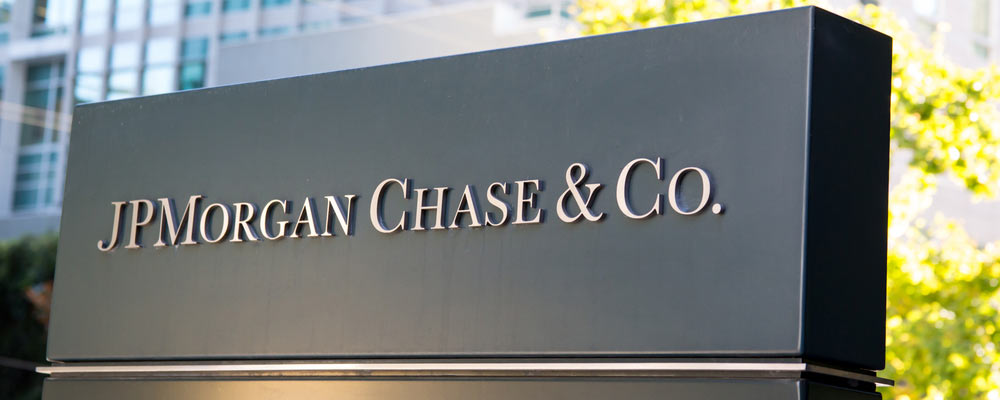I love cars. When I was kid I had a subscription to Motor Trend and Car and Driver magazines.
Each month I looked forward to reading the new issues and enjoying the famous head-to-head car reviews.
To this day I enjoy visiting national and local car shows and keeping up on the latest car designs and innovations in the auto industry.
That’s why I wasn’t surprised when a colleague asked me if they should lease or finance their next car.
At the time they told me they were approaching the end of a lease contract on an entry-level luxury car.
They stated there were a few minor issues with the car — namely they exceeded the 12,000-miles-per-year lease agreement by 2,000 miles and that the car had a few dings and scratches.
They also told me that they anticipate driving even more miles in the coming years.
In all, my colleague wanted to know if they should continue leasing or take a detour and finance their next car.
The Lease Vs. Buy Question
Normally, when I’m asked the lease vs. buy question, my response is: “It depends.”
It depends on the buyer’s lifestyle, preferences and personal financial circumstances.
However, in my colleague’s case I advised that they should finance the next car purchase. Why? Mileage.
I advised that if they knew in advance that they would be driving more miles than a typical lease contract allows, then a lease was not the best choice.
Additionally, I advised that dealerships typically penalize for excessive wear and tear at the end of the lease, which they could be liable for.
In fact, some leasing companies are notorious for charging hidden service fees, as well as high fees for small blemishes.
Once they heard my opinion, the next concern was the monthly payment.
With the current lease, the monthly payment is about 50% lower than if it were financed.
This is one of the great benefits of a lease — low monthly payments for a fairly expensive vehicle.
Nevertheless, I suggested that they should consider financing a mid priced, certified pre-owned (CPO) vehicle with a warranty.
Here’s why…
The Advantages and Disadvantages of Leasing
Vehicles are depreciating assets.
We all know the minute we drive them off the lot, they decrease in value. So, in my colleague’s case, financing a CPO may be the best economic option.
Now, as I previously stated, everyone’s circumstances are different.
If you are in the market for a new vehicle, here are the advantages and disadvantages of leasing vs. buying:
Leasing Advantages
- Driving a new vehicle with the latest safety and technology features for less money.
- Placing little or no money down on the lease purchase.
- Paying lower monthly car payments than a finance (works well for expensive luxury cars).
- Incurring very low maintenance costs due to the new-lease factory warranty. Also, depending on the automaker, all scheduled maintenance (oil changes, etc.) are free during the lease period.
- Driving a brand-new car every three years or less.
- Paying sales tax on the monthly car payments (the part of the car that’s leased) and not the entire vehicle price.
- Benefiting from tax advantages as a business owner, if the lease is used for business purposes.
Leasing Disadvantages
- Always having a monthly payment.
- Limited in the amount of miles that can be driven per year.
- Repairing or paying for any aesthetic damage done to the vehicle before the lease expires.
- Facing expensive penalties for ending a lease contract prematurely.
- Any changes or modifications to the vehicle must be removed/reversed before returning it at the end of the lease.
- At the end of the lease, the vehicle is not yours. It’s not an asset and has no equity.
Next week we’ll look at the advantages and disadvantages of financing a vehicle, as well as a tactics that can help you get the best deal/interest rate on your next car purchase and the best time to shop for your new car.
Until next time,

Amber Lancaster
Senior Research Manager, Banyan Hill Publishing










